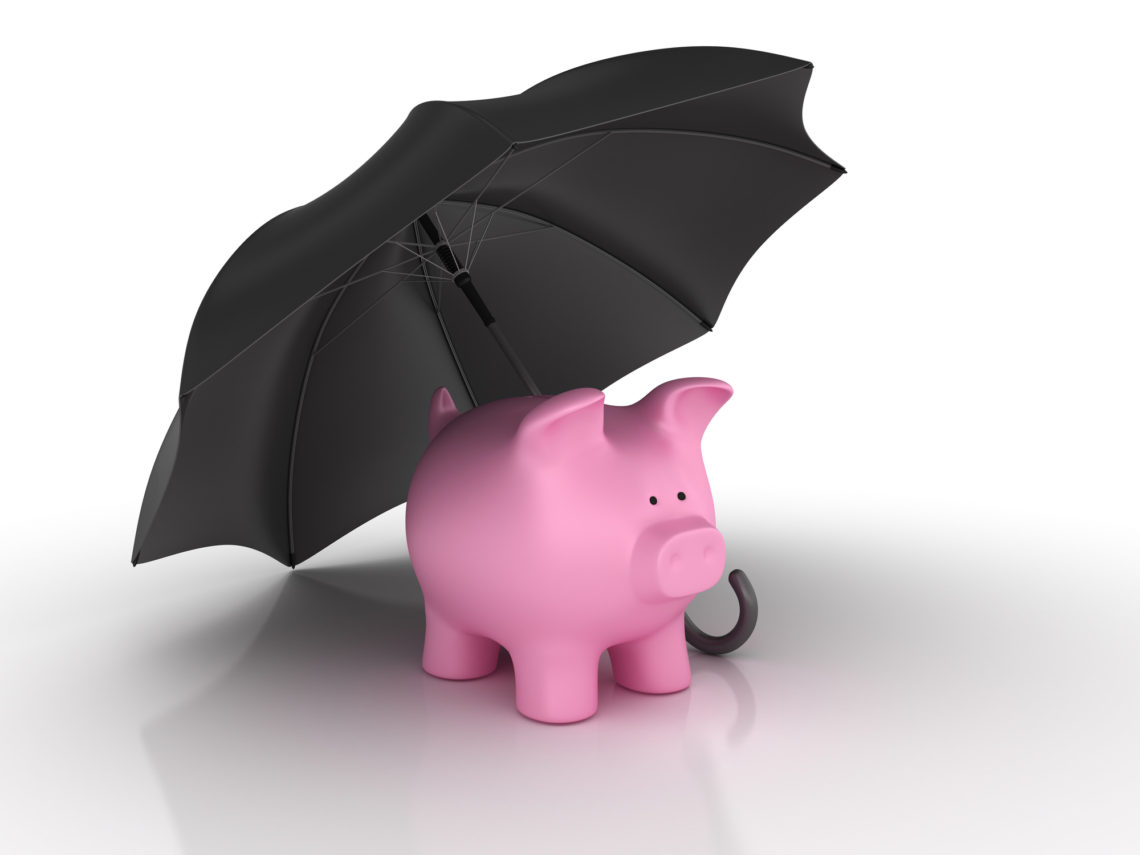
Wikipedia defines “Financial literacy as the ability to understand how money works in the world: how someone manages to earn or make it, how that person manages it, how he/she invests it (turn it into more) and how that person donates it to help others. More specifically, it refers to the set of skills and knowledge that allows an individual to make informed and effective decisions with all of their financial resources.” (http://en.wikipedia.org/wiki/Financial_literacy)
Hawaii Federal Credit Union holds financial literacy sessions one on one, in workshops at the credit union and in group sessions held at various sites. The topics we cover include; introduction to budgeting, building a budget, buying a car, basic information on taxes, setting financial goals, it’s all about credit, credit review, improving credit scores, why should I save and preparing for retirement. In our one-on-one sessions, we address your specific situation and work directly with you.
Anyone can attend our workshops: members as well as their friends and family. Watch for workshop announcements through the website, in our newsletters or call the credit union at (808) 441-4285 to get more information about attending a workshop or to schedule a one-on-one session with one of our certified financial counselors.

